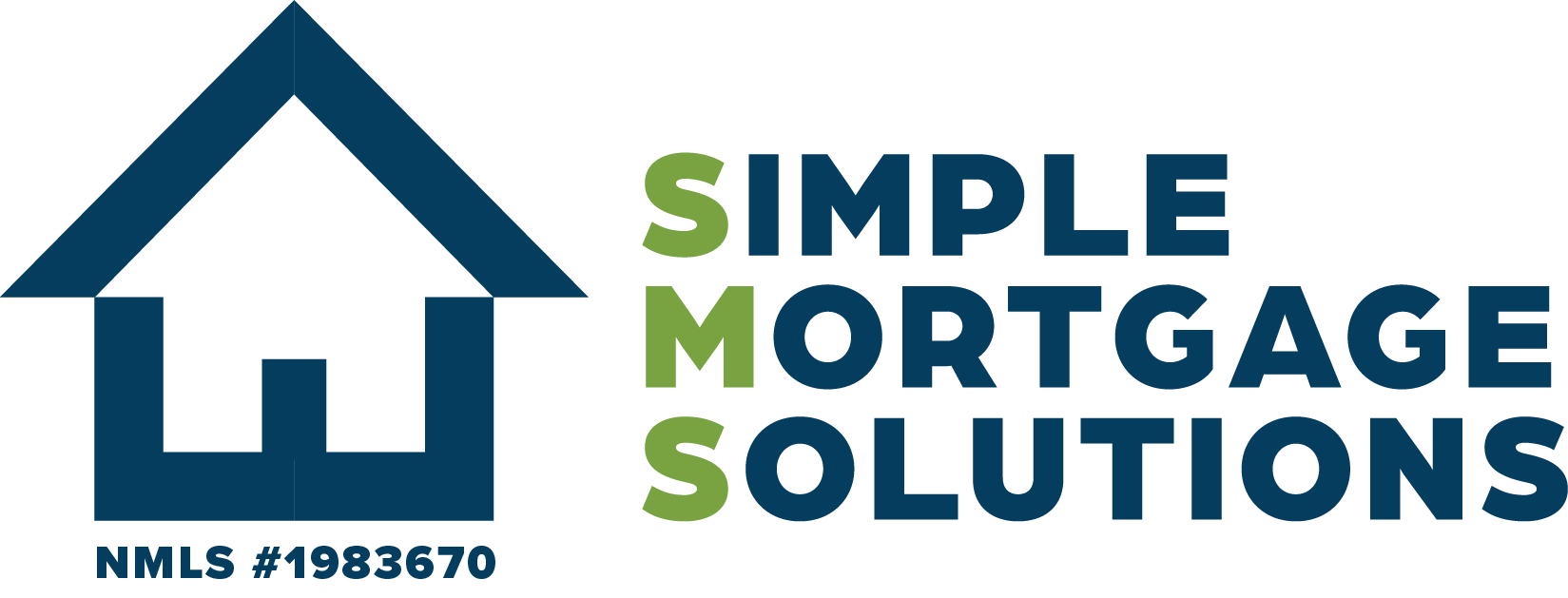
What is a Conventional Mortgage? A Guide for Homebuyers
Buying a home is one of the most significant financial decisions you will ever make. Whether you are a first-time homebuyer or purchasing your second home, understanding your mortgage options is essential. One of the most common types of home loans is a conventional mortgage. But what exactly does that mean, and how does it compare to other mortgage types?
Understanding Conventional Mortgages
A conventional mortgage is a home loan that is not backed by the government. Unlike FHA (Federal Housing Administration), VA (Veterans Affairs), or USDA (United States Department of Agriculture) loans, conventional loans are funded by private lenders, such as banks, credit unions, and mortgage companies. These loans are typically available with fixed or adjustable interest rates and can be used to purchase a primary residence, second home, or investment property.
Conventional mortgages come in two main categories: conforming and non-conforming. Conforming loans adhere to the guidelines set by Fannie Mae and Freddie Mac, two government-sponsored enterprises that buy and sell mortgages to keep the housing market stable. Non-conforming loans, such as jumbo loans, exceed these limits and have different requirements.
Key Features of a Conventional Mortgage
Credit Score Requirements: Conventional loans typically require a higher credit score than government-backed loans. While FHA loans may allow borrowers with credit scores as low as 500 to qualify, most conventional lenders prefer a minimum credit score of 620 or higher. A higher credit score can also help you secure a lower interest rate.
Down Payment Options: One of the most attractive aspects of conventional mortgages is their flexible down payment options. Many homebuyers assume they need a 20% down payment, but conventional loans can be obtained with as little as 3% down for qualified buyers. However, if you put down less than 20%, you will likely need to pay private mortgage insurance (PMI) until you reach 20% equity in the home.
Private Mortgage Insurance (PMI): PMI is a monthly insurance fee that protects the lender in case you default on your loan. While it adds to your overall mortgage cost, it is not a permanent expense. Once you have 20% equity in your home, you can request to have PMI removed, reducing your monthly mortgage payment.
Loan Limits: Conforming loan limits are set annually by the Federal Housing Finance Agency (FHFA). For 2025, the conforming loan limit for most areas is $766,550, with higher limits in more expensive regions. If you need a loan amount that exceeds these limits, you will need a jumbo loan, which typically comes with stricter credit and income requirements.
Interest Rates: Conventional mortgage interest rates are influenced by various factors, including your credit score, down payment amount, loan term, and market conditions. Borrowers with strong credit profiles often secure lower interest rates, making their monthly payments more affordable over time.
Benefits of Choosing a Conventional Mortgage
More Loan Options: Conventional loans come with a variety of term lengths and interest rate structures, giving borrowers more choices.
No Upfront Mortgage Insurance: Unlike FHA loans, which require an upfront mortgage insurance premium, conventional loans do not have this cost.
Ability to Remove PMI: Once you reach 20% equity, you can remove PMI, which is not always possible with government-backed loans.
Higher Loan Limits for Jumbo Loans: If you need to borrow more than the conforming loan limit, a jumbo loan allows you to finance a more expensive property.
A conventional mortgage can be a great choice for buyers with good credit, stable income, and the ability to make a reasonable down payment. If you can meet the lender's qualifications, you may enjoy lower interest rates, fewer fees, and more flexible loan terms. However, if you have a lower credit score or need a smaller down payment, an FHA or VA loan may be a better fit.
Before choosing a mortgage, it's always a good idea to shop around and compare loan offers from different lenders. Speaking with a mortgage professional can also help you understand your options and find the best loan for your specific financial situation.
Is a Conventional Mortgage Right For You
Understanding what a conventional mortgage is and how it works can help you make an informed decision when buying a home. With competitive interest rates, flexible down payment options, and the ability to remove PMI, conventional loans offer a great pathway to homeownership for many buyers. Whether you're buying your first home or upgrading to your dream home, taking the time to explore your mortgage options will ensure you secure the best financing for your needs.


